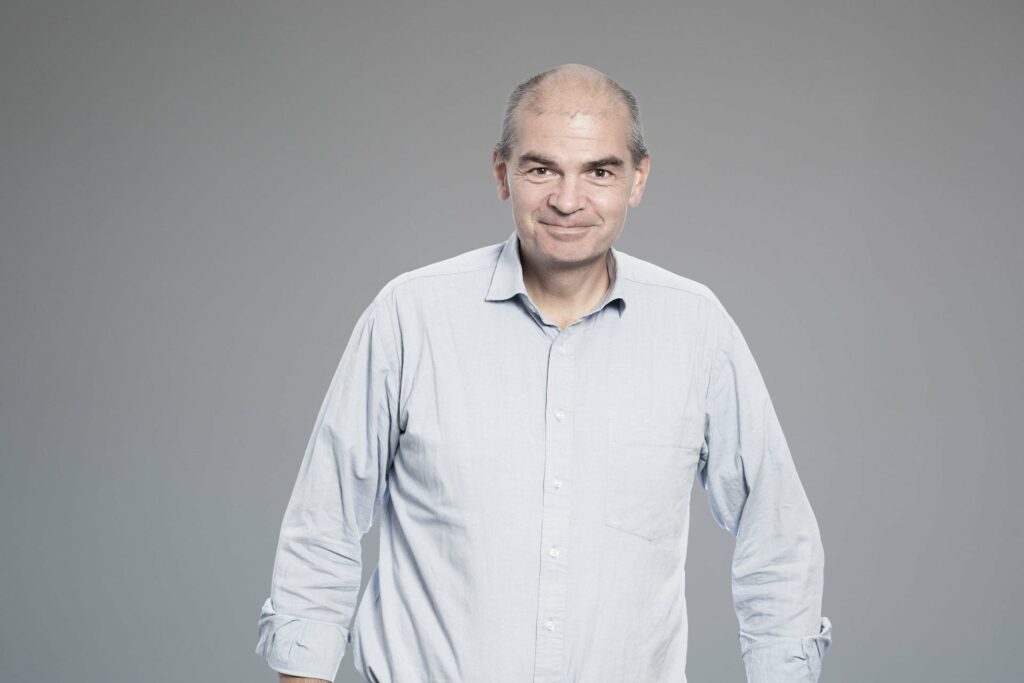Numbers aren’t getting any better; in fact, they’re getting worse.
84 percent of all minority persons who were born or raised in Denmark have experienced discrimination in the past year. Almost one in three has been stopped by the police without reason. One in four have been refused entry to nightclubs and nightlife venues because of their appearance (read: skin colour).
It doesn’t fly for a country that calls itself liberal and concerned with equality. But this is the hard truth according to a study carried out by the Institute for Human Rights. The survey is based on 4,300 responses and is representative.
As a white, middle-aged man, I represent a majority in this country. It’s painful to hear the stories that ethnic minorities tell and to learn about the obvious discrimination people like me subject others to.
Pulled over seven times in one day
Take for instance James Thomsen, who at a recent Institute for Human Rights conference, said that he had been stopped by the police while he was driving a car, not once, not twice but seven times in one day!
The police said it was a random check.
“If your skin is brown, you are sure to win. I am told that it is ‘random’, who gets stopped. It’s the same with Lotto numbers. It is ‘random’, who wins 100 million kroner,” said Thomsen.
Black people in the EU face more racism today than in 2016
As a young man out on the town, the well-known TV host Abdel Azis Mahmoud often experienced being refused entry to a club because he was brown-skinned – unlike his ethnically Danish friends.
“The embarrassing thing was not – but also – being scanned in a queue and denied access to a club. The most embarrassing thing was being the one who caused everyone else in your group not to get in. I ruined the evening for my friends,” he said at the conference.
The burden of racism is on us
Unfortunately, taking the blame and shame upon themselves is a common thread in many minority people’s statements about racism, when the right response would be for everyone in the queue to intervene, leave the place and report the obvious discrimination to the owners and the police.
If the burden of racism is placed on the minorities who are already exposed to racism, then we will simply continue the discrimination that has taken place for decades, as the psychologist Naderah Parwani described in an interview with The Copenhagen Post recently.
She speaks out against racism in Denmark
As an ethnic Dane, Marc Johansson left the police in 2014 after almost 11 years as an officer. Today, he leads one of Copenhagen Municipality’s Street plan efforts in Nørrebro.
Time and again, he has spoken openly about the need for the police to stop carrying out ethnic profiling, in which the police, in advance, designate men with dark skin as suspicious, stop them on the street or in traffic much more frequently than white citizens – just as Thomsen has experienced.
The fight for true equality carries on
We must never close our eyes to the unfairness and discrimination that takes place in front of us.
Most ethnic Danes do not think so either. But when there is ethnic profiling in the police force, action must be taken – without hesitation.
When applicants time and time again find themselves missing out on a job offer because of their name or supposed religious affiliation, then we need to bring it up and talk about that difference.
I suspect that the fight against racism and discrimination will intensify for many years – as it has done before. Denmark cannot claim to be any better than other countries. But we, as an enlightened and democratically well-functioning country, have the prerequisite grounding to do better.
I support that fight.
Denmark, you must do better!


